The Jan Michalski Prize for Literature 2021 has been awarded to Memorial International, Alena Kozlova, Nikolai Mikhailov, Irina Ostrovskaya and Irina Scherbakova for the collective work OST: Letters, Memoirs and Stories from Ostarbeiter in Nazi Germany (Granta, 2021) translated from the Russian by Georgia Thomson.
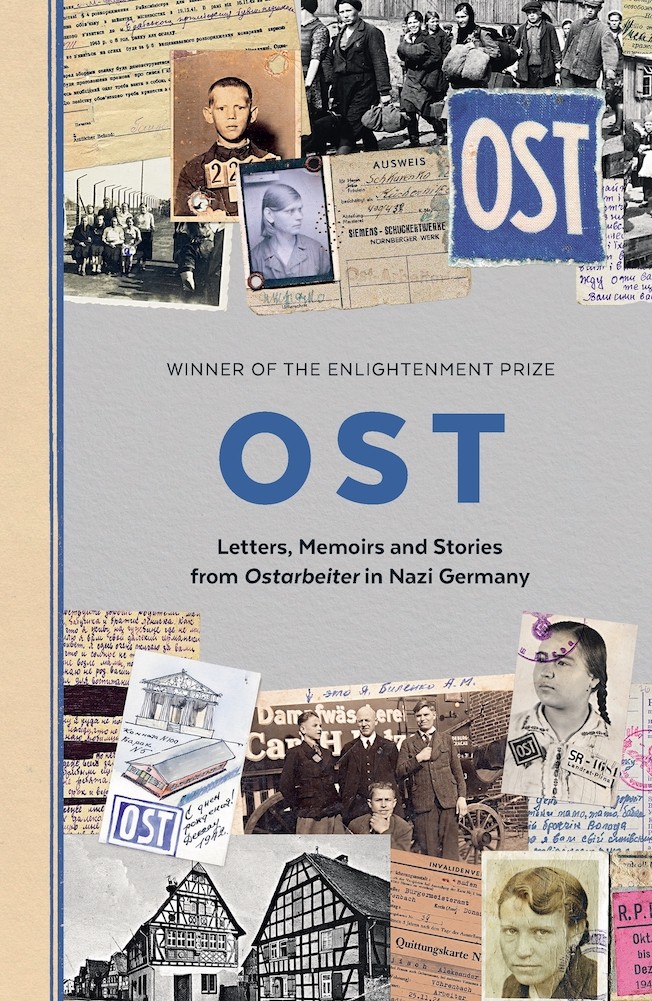
The Jan Michalski Prize for Literature 2021 has been awarded to Memorial International, Alena Kozlova, Nikolai Mikhailov, Irina Ostrovskaya and Irina Scherbakova for the collective work Знак не сотрется. Судьбы остарбайтеров в письмах, воспоминаниях и устных рассказах (Мемориа́л, 2016), translated from the Russian by Georgia Thomson under the title OST: Letters, Memoirs and Stories from Ostarbeiter in Nazi Germany (Granta, 2021).
The jury commended “the hard work by the Russian non-government organisation, Memorial International, that went into restoring the historical truth through this reference book documenting the destiny of millions of Ostarbeiter, and accomplishes the complex task of preserving oral history from obliteration and misappropriation. By providing a written record of the voices of civil society in a situation where history is rewritten according to political context, the work OST creates an essential memorial for the future of our society which must preserve the memories and use them well in order to confront their current challenges.”
Laureate
The term Ostarbeiter, literally “workers from the East”, is used to define citizens of Eastern Europe, notably of the Soviet Union who were deported and subjected to compulsory labour throughout the Third Reich’s territory following the occupation of their countries by the Nazis in 1941. Between three and five million mainly Ukrainians, Poles, Belarussians, Russians, Tatars, most of them under the age of 18, were sent to work in factories, mines, farms and as domestic servants. As well as being taken from their families and distinguished from other compulsory workers by the badge “OST” sewn onto their clothing, they encountered working conditions closely approximating slavery – hard work, living in closed camps under constant surveillance, undernourishment, lack of hygiene and care, humiliations and punishment, despite the few acts of kindness from German civilians.
Almost half of these adolescents were girls who were also subjected to sexual violence, from which arose tens of thousands of unwanted pregnancies. Many died of starvation, exhaustion and bombing raids as they were not allowed access to bomb shelters, or from other abuse when they were not simply executed by their Nazi camp guards.
At the end of the war, more than 2.5 million Ostarbeiter were repatriated to the URSS, where they had to face a double traumatism. Already grappling with the totalitarian Stalinist system which suspected them of being traitors to the homeland, they were subjected to interrogations in so-called “filtration” camps, judged and frequently condemned to various punishments for having “collaborated with the enemy”. Some were sent to the Gulag for “re-education”; others were enrolled in the Red Army or in the contingents of workers assigned to rebuilding the nation’s economy. These repatriates were never considered as victims or heroes of the Second World War. They lived with the weight of fear and guilt and were subjected to surveillance, disgrace and were socially ostracized for several decades following their return. Furthermore, they had to suffer the State’s deliberately orchestrated silence.
It is only since the 1990s that the question of the Ostarbeiter has found its place on the public stage; first through the initiative of the Greens in the German Bundestag before the Russian non-governmental organisation, Memorial, which works to obtain the moral and legal rehabilitation of people subject to political oppression in the URSS, the current Russian state and the countries of the old Eastern Block, set out to have them recognized.
Winner of the Enlightener Prize 2017 in Russia and now of the Jan Michalski Prize for Literature, the book OST: Letters, Memoirs and Stories from Ostarbeiter in Nazi Germany is the fruit of a long-term undertaking led by Memorial International and its staff who have gathered numerous archives – including photographs, correspondence and diaries – and taped hundreds of hours of interviews with former Ostarbeiter, in order to exhaustively document what they suffered during their captivity and what they had to live through on their return to their homeland. By compiling, putting all this testimony in order and in context, the book breaks the silence of a slice of history of the 20th Century and provides a collective memory of the tragic and complex destiny of the Ostarbeiter.
Biography
Winner of the Enlightener Prize 2017 in Russia and now of the Jan Michalski Prize for Literature, the book OST: Letters, Memoirs and Stories from Ostarbeiter in Nazi Germany is the fruit of a long-term undertaking led by Memorial International and its staff who have gathered numerous archives – including photographs, correspondence and diaries – and taped hundreds of hours of interviews with former Ostarbeiter, in order to exhaustively document what they suffered during their captivity and what they had to live through on their return to their homeland. By compiling, putting all this testimony in order and in context, the book breaks the silence of a slice of history of the 20th Century and provides a collective memory of the tragic and complex destiny of the Ostarbeiter.
The Jan Michalski Prize 2021 awards Memorial International, Alena Kozlova, Nikolai Mikhailov, Irina Ostrovskaya and Irina Scherbakova an amount of CHF 50,000.00 as well as a work of art chosen for each of them: an ink drawing by the artist Frédéric Pajak.
Selections
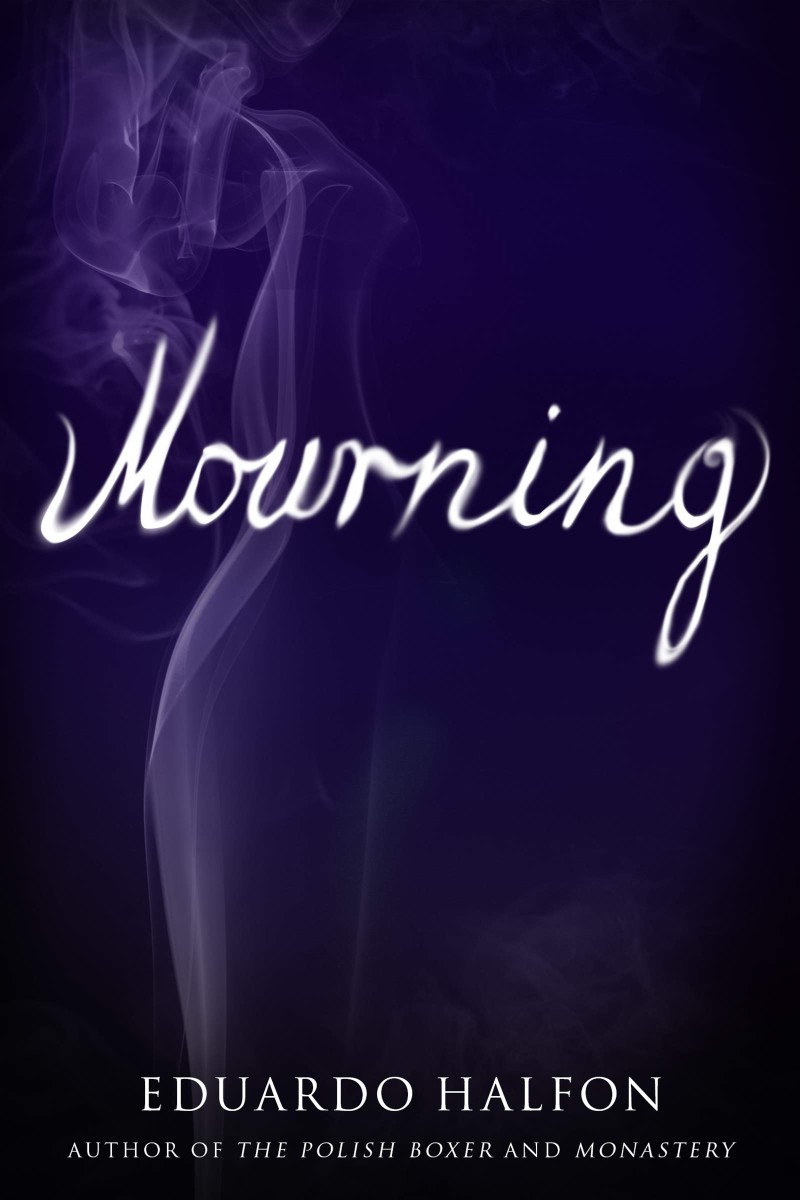
Mourning
Bellevue Literary Press, New York, 2018
Proposed by Lídia Jorge

Знак не сотрется. Судьбы остарбайтеров в письмах, воспоминаниях и устных рассказах
Proposed by Ludmila Ulitzkaya
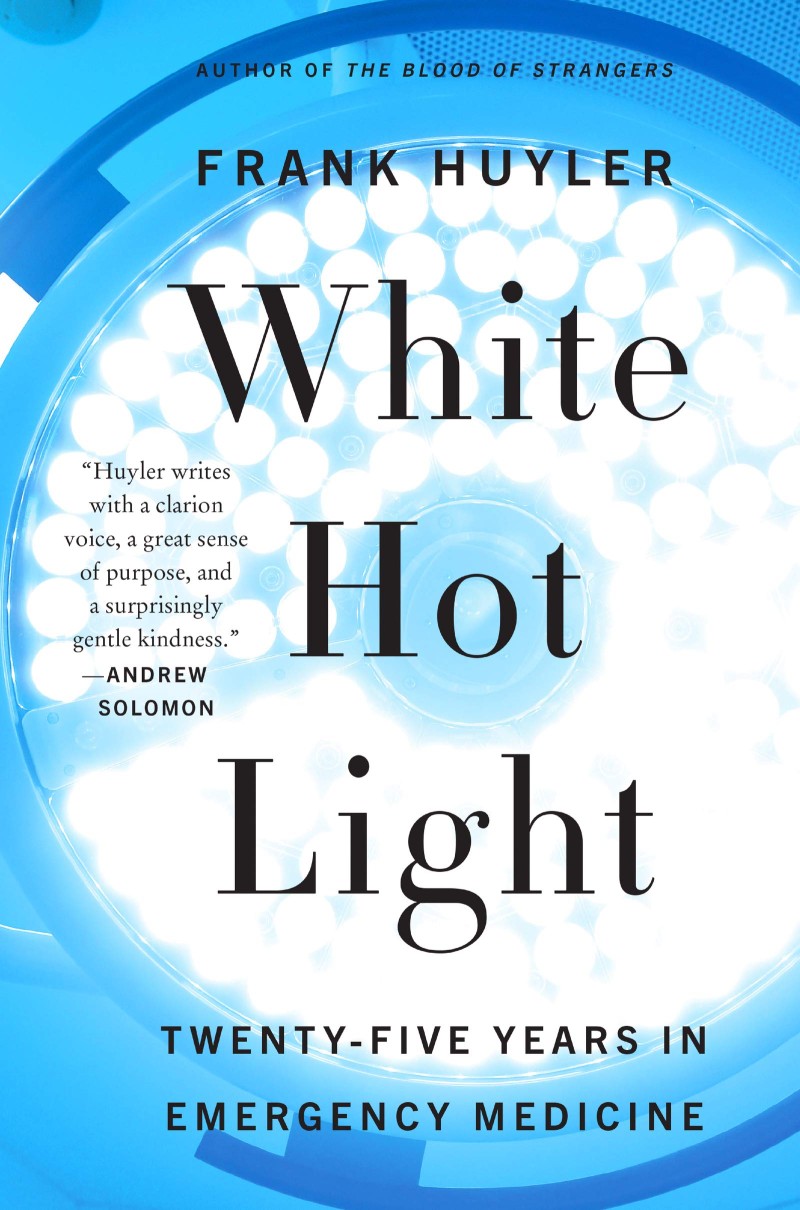
White Hot Light: Twenty-five Years in Emergency Medicine
Proposed by Siri Hustvedt

Mourning
Bellevue Literary Press, New York, 2018
Proposed by Lídia Jorge

Знак не сотрется. Судьбы остарбайтеров в письмах, воспоминаниях и устных рассказах
Proposed by Ludmila Ulitzkaya

White Hot Light: Twenty-five Years in Emergency Medicine
Proposed by Siri Hustvedt
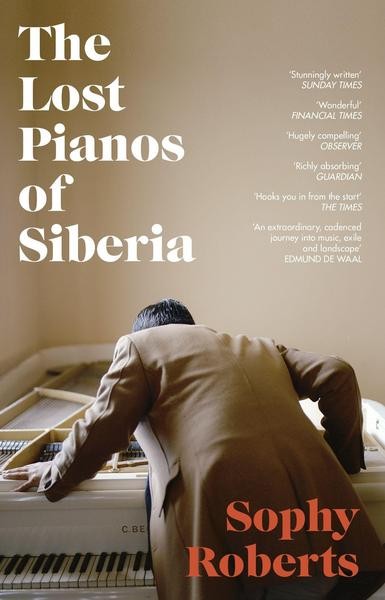
The Lost Pianos of Siberia
Proposed by Vera Michalski-Hoffmann
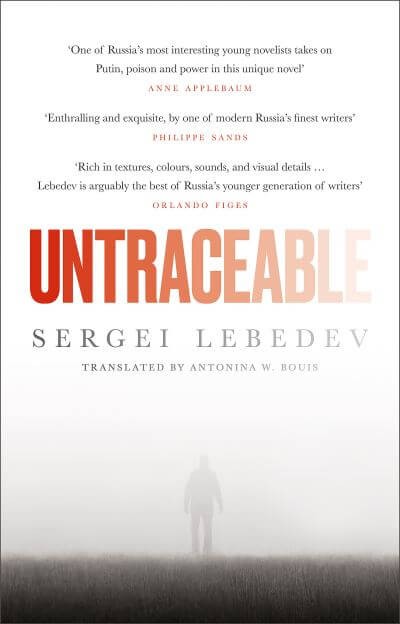
Дебютант
Proposed by Carsten Jensen

Mourning
Bellevue Literary Press, New York, 2018
Proposed by Lídia Jorge

Знак не сотрется. Судьбы остарбайтеров в письмах, воспоминаниях и устных рассказах
Proposed by Ludmila Ulitzkaya

White Hot Light: Twenty-five Years in Emergency Medicine
Proposed by Siri Hustvedt

The Lost Pianos of Siberia
Proposed by Vera Michalski-Hoffmann

Дебютант
Proposed by Carsten Jensen
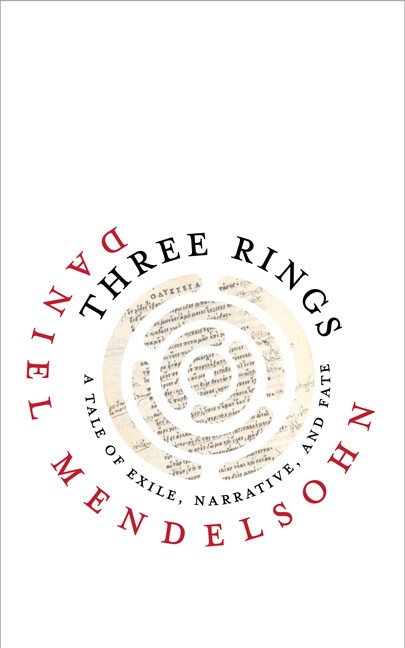
Three Rings: a Tale of Exile, Narrative and Fate
Proposed by Vera Michalski-Hoffmann
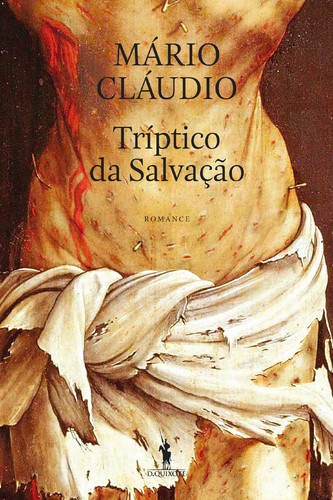
Tríptico da Salvação
Proposed by Lídia Jorge
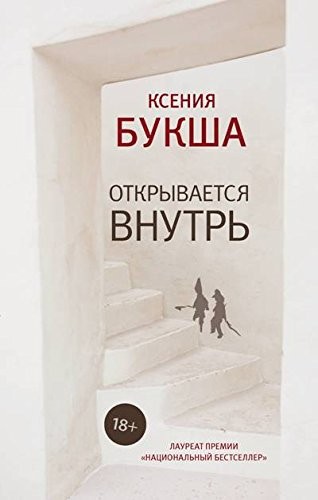
Открывается внутрь
Proposed by Ludmila Ulitzkaya
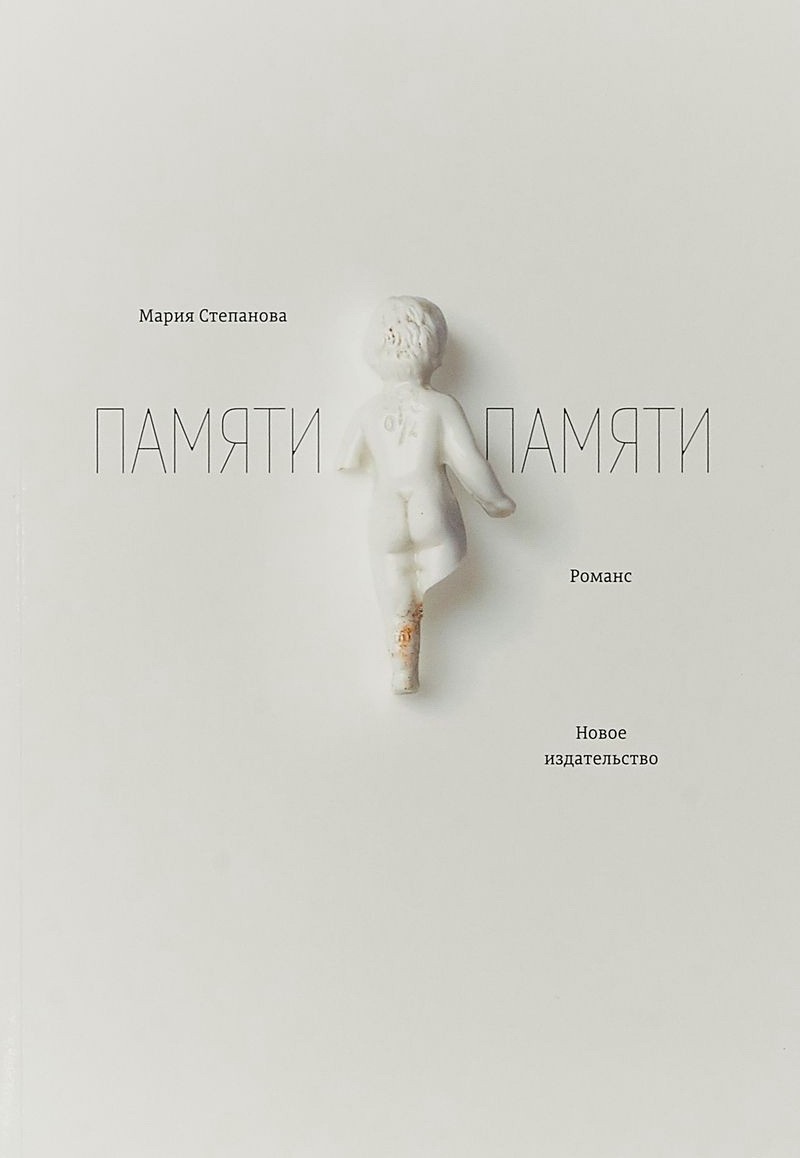
Памяти памяти
Proposed by Tomasz Rozycki
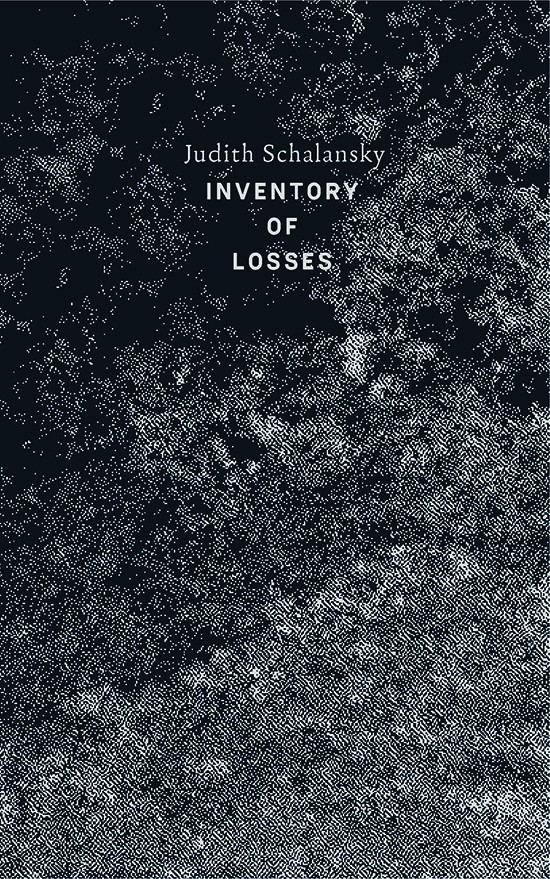
An Inventory of losses
New Directions, New York, 2019
Proposed by Tomasz Rozycki
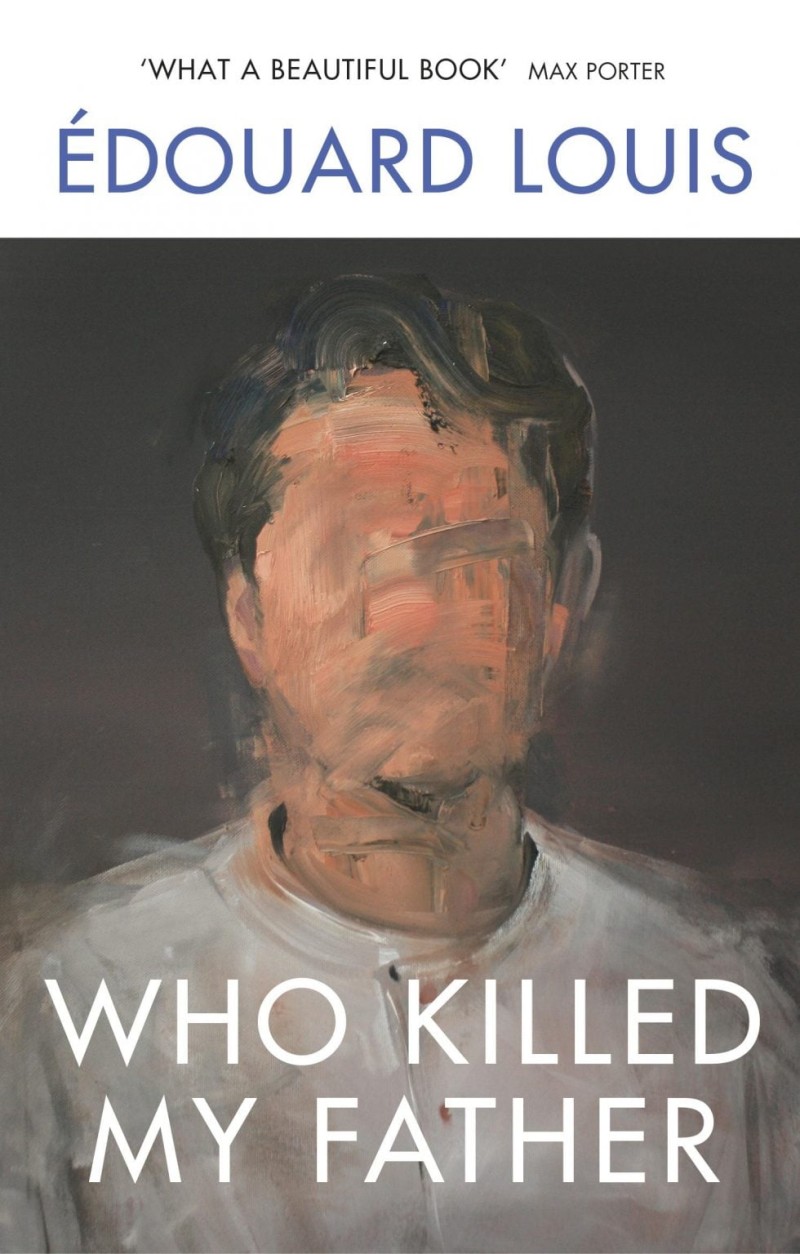
Who killed my father
London Vintage, London, 2018
Proposed by Carsten Jensen
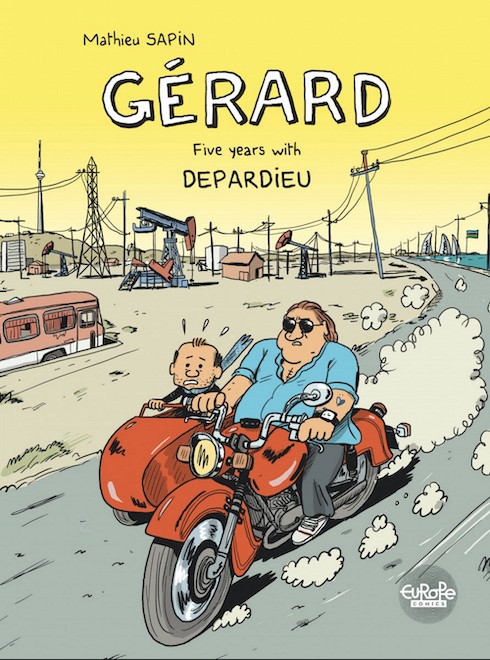
Gérard : five years with Depardieu
Proposed by Jul (Julien Berjeaut)
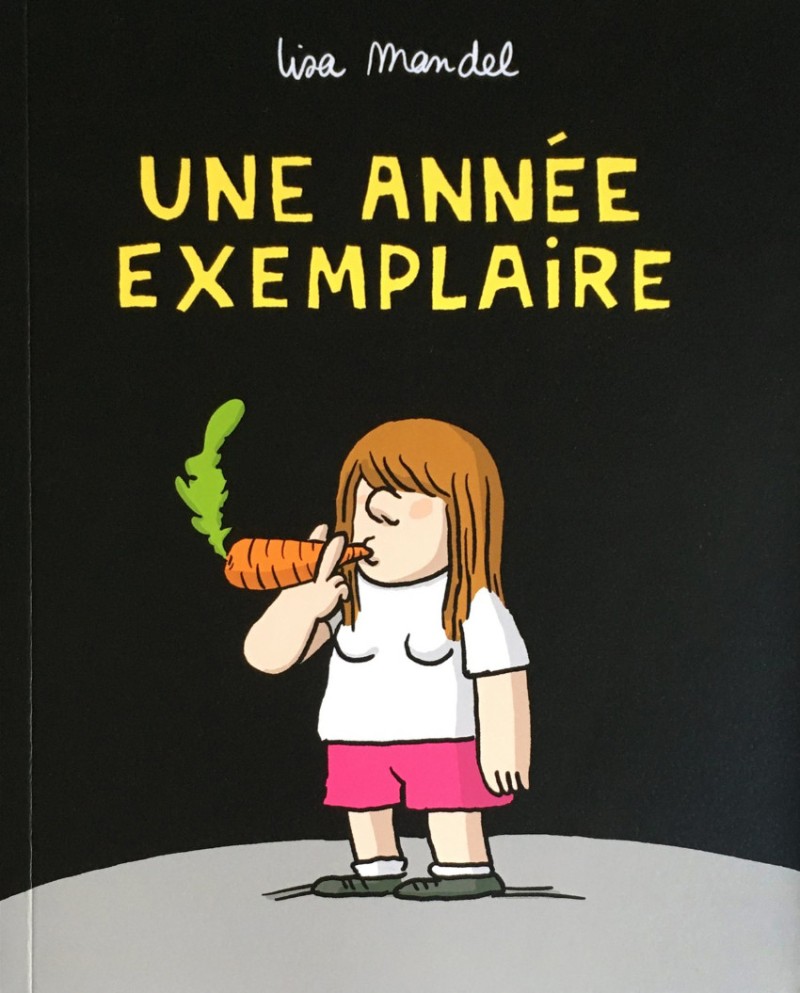
Une année exemplaire
Proposed by Jul (Julien Berjeaut)
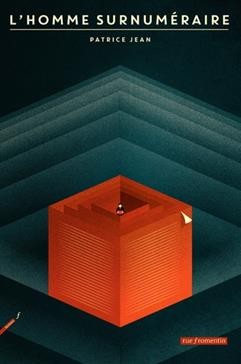
L’homme surnuméraire
Proposed by Benoît Duteurtre
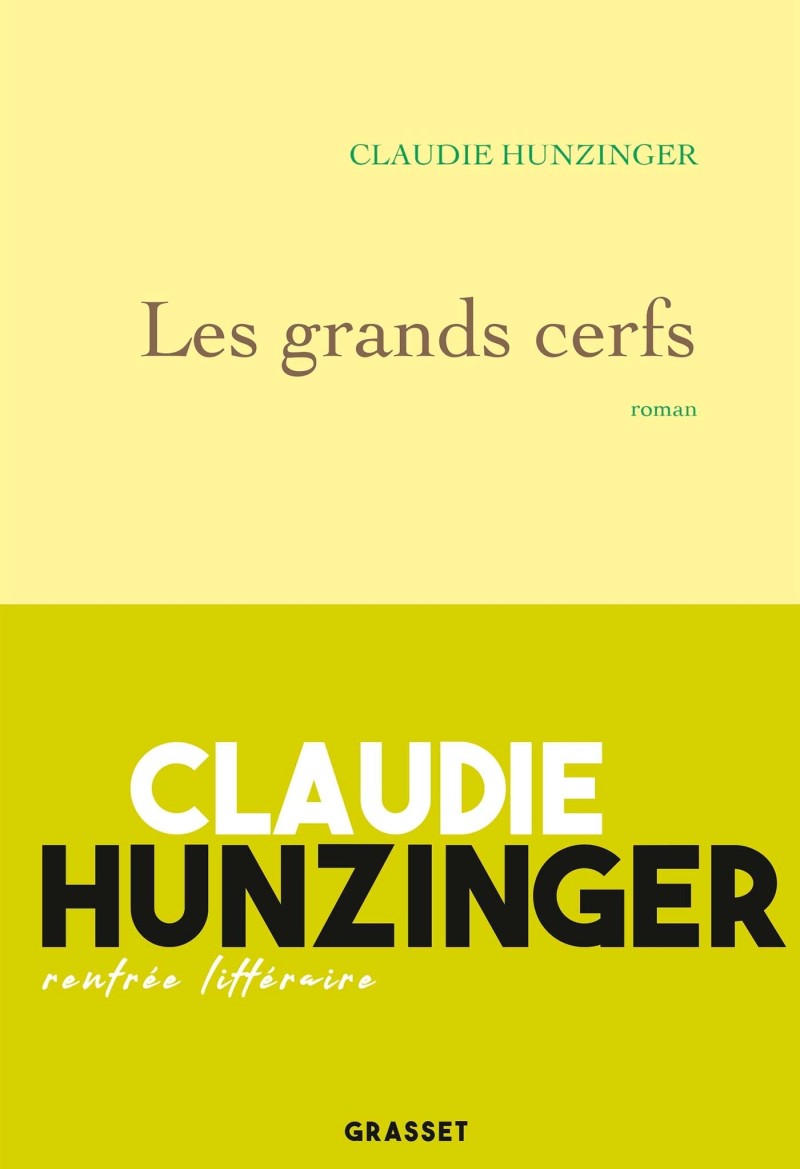
Les grands cerfs
Proposed by Benoît Duteurtre
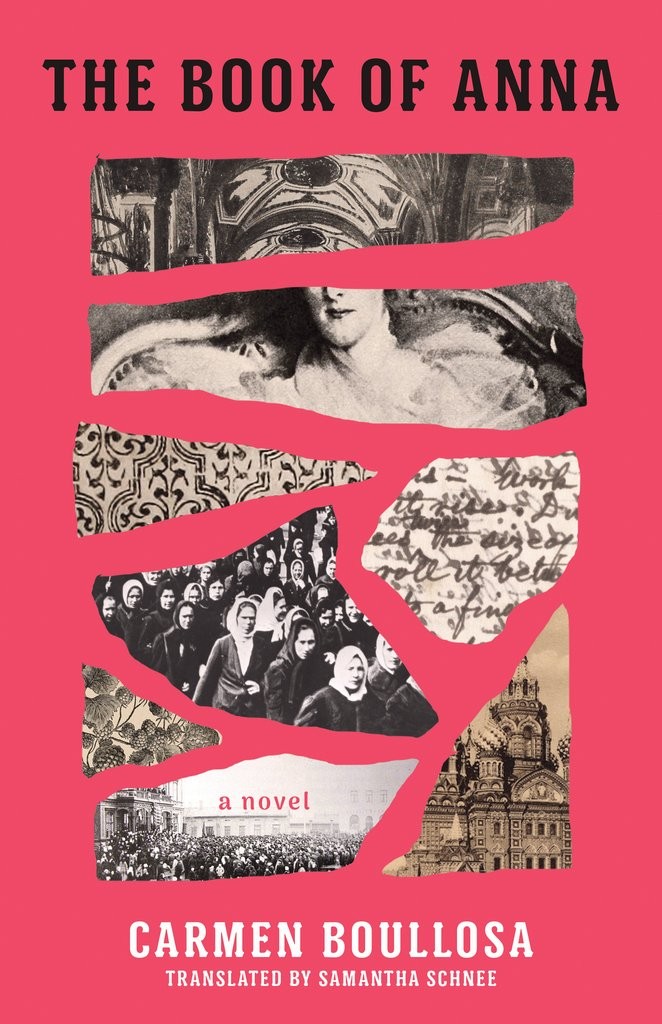
The book of Anna
Coffee House Press, Minneapolis, 2020
Proposed by Siri Hustvedt
Jury
Vera Michalski-Hoffmann, President of the jury
The publisher Vera Michalski-Hoffmann, who has always been committed to promoting literature and the written word, founded the publishing group Libella with Jan Michalski. Since 1986, numerous authors have been brought out in French and Polish at various publishing houses, including Noir sur Blanc, Buchet-Chastel, Phébus, Wydawnictwo Literackie, and World Editions. In 2004 Vera Michalski created the Jan Michalski Foundation for Writing and Literature, whose mission is to foster literary creation and encourage the practice of reading through a range of initiatives and activities.
Jul (Julien Berjeaut)
The political cartoonist and author of French comic books Julien Berjeaut, known as Jul, was born in 1974. He graduated with a teaching degree in history and was teaching Chinese history when he decided to devote himself to cartooning. He has worked for a number of newspapers and magazines, including Lire, Charlie Hebdo, Le Nouvel Observateur, Libération, and Le Monde. In 2005 he published his first comic book with Il faut tuer José Bové, a popular success that poked fun at anti-globalists. Jul has also worked as a cartoonist for various television shows (Le Grand Journal on Canal+, La Grande Librairie on France 5, 28 minutes on Arte). In 2012 his series Silex and the City was adapted for television (Arte) as an animated series, followed by 50 nuances de Grecs, inspired by his comic book of the same name. In 2016 he became the new cartoonist behind the venerable Lucky Luke series of comic books, the volume in English, A Cowboy In High Cotton, was published in 2021.
Benoît Duteurtre
The novelist, essayist, and musical critic Benoît Duteurtre was born in 1960 in Normandy, France. He took a degree in musicology and published his first novel, Sommeil perdu, in 1985. Drôle de temps was awarded the 1997 Prix de l’Académie française, and Le voyage en France the 2001 Prix Médicis. La petite fille et la cigarette, published in 2005, has been translated into a score of languages and was adapted for the stage. In 2006 he help found the literary review L’Atelier du roman with Milan Kundera and Michel Houellebecq. His recent titles are Livre pour adultes (2016) and En marche! Conte philosophique (2018). He is the author of numerous music shows that have been broadcast by France 3, France 5, and France Musique, and writes for the magazine Marianne, as well as Le Figaro littéraire and Le Monde de la musique.
Lídia Jorge
Born in 1946 in the Algarve, Portugal, Lídia Jorge is considered a leading light of new wave Portuguese literature after the Carnation Revolution. She is the author of novels, short stories, children’s books, plays, essays, and poetry. Her debut work, the novel O Dia dos Prodígios (1980) is deeply rooted in the history of Portugal. Today Jorge’s substantial body of work includes A Costa dos Murmúrios (1988), written in the wake of the years she spent in Mozambique during the colonial war; A Última Dona (1992); O Vale de paixão (1998; available in English as The Painter of Birds); O Vento Assobiando nas Gruas(2002); Combateremos a Sombra (2007); A Noite das Mulheres Cantoras (2011); and Os Memoráveis(2014). Her most recent novel, Estuário (2018), took the XXIV DST Grand Prize for Literature in 2019, while its French translation was shortlisted for the Prix Médicis the same year. Translated into over twenty languages, her work has been awarded numerous other prizes over the years, including the Internationaler Literaturpreis Albatros 2006 and the Premio FIL de Literatura en Lenguas Romances 2020.
Siri Hustvedt
Siri Hustvedt was born in 1955 in Minnesota (USA) to Norwegian-American parents. This American writer, poet and essayist is also specialized in psychiatric studies. Hustvedt, after earning her PhD in English literature from Columbia University, published her first novel in 1992, The Blindfold. She followed this debut work with a series of novels that includes What I Loved in 2003, The Summer Without Men in 2011, and The Blazing World in 2014, all of which enjoyed an international success. Her nonfiction book The Shaking Woman or A History of My Nerves (2009) examines psychiatric troubles while drawing connections between the humanities and the neurosciences. Since 2015 Hustvedt has also taught as a lecturer in psychiatry at Cornell University’s Faculty of Medicine. In 2012, she was given the Gabarron International Award for Thought and Humanities. In 2019, she received the Princess Asturias Award for her work as a whole, and the Charles Veillon European Essay Prize for The Delusions of Certainty. Her books have been translated into over thirty languages.
Carsten Jensen
The writer and journalist Carsten Jensen was born in 1952 in Marstal (Denmark). After graduating from the University of Copenhagen with a master’s degree in literature, Jensen started writing for the daily Politiken and became a regular contributor to a number of titles in the Danish press. In 1997 he received the Danish booksellers’ Golden Laurel Award for his travel book Jeg har set verden begynde. In 2001 he began teaching at the Faculty of Arts of the University of Odense. His first novel, Vi, de druknede (We, the Drowned), published in 2009, enjoyed great critical and popular success and earned him the prestigious Danske Banks Litteraturpris while the French translation of the book took the Prix Gens de mer at the Étonnants Voyageurs (Amazing Travelers) Festival of Saint-Malo. In 2010 Jensen was awarded Olof Palme Prize. His monumental novel Den første sten (The First Stone) about a group of Danish soldiers who volunteered to serve in Afghanistan was published in 2015. His work has been translated in some twenty countries.
Tomasz Różycki
The poet, essayist and translator from the French Tomasz Różycki was born in 1970 in Opole, Poland. After taking a degree in Romance philology at the Jagiellonian University (Kraków), he joined the teaching staff at the teachers training college for foreign languages in Opole. His work, emblematic of a generation caught up in the current uncertainties roiling world politics, is published in France, Germany, Italy, Slovakia, and the United States. His long poem called Dwanaście stacji (Twelve Stations) was awarded the 2004 Kościelski Foundation Prize and was nominated for the 2005 Nike Prize. Colonies,translation into English of Kolonie, won the 2014 Northern California Book Award for Poetry in Translation. He has translated Mallarmé, Rimbaud, and Segalen, and writes for numerous reviews, such as Czas Kultury, Odra, PEN America.
Ludmila Ulitskaya
Born in 1943 in the Urals, Ludmila Ulitskaya is a Russian writer, dramatist, and scriptwriter. A graduate of Moscow University in the 1960s with a Master’s in biology and genetics, Ulitskaya lost her chair at the university for helping to spread writings that were banned by the Soviet regime. She has written short stories and plays for stage and radio, but it was after the fall of the Soviet Union that her work gained widespread acclaim. Now translated and recognized internationally, she is the author of some fifteen works of fiction, including Sonechka (1995), Medea (1996), Funeral Party (1997), Daniel Stein, Interpreter(2006), Yakov’s Ladder (2015), and Just the Plague (2020). She has been awarded a number of prestigious prizes, notably the Russian Booker Prize (2002) for The Kukotsky Enigma, and was named a Chevalier des arts et des lettres in France (2004).
Nota Bene : les dates de publication indiquées entre parenthèses sont celles de la parution ou de la traduction en français.
Related
Press Release


Discours de Memorial par Irina Scherbakova, représentante des lauréat·es
Prix Jan Michalski de littérature 2021
Laudatio de Ludmila Oulitskaïa
Prix Jan Michalski de littérature 2021













